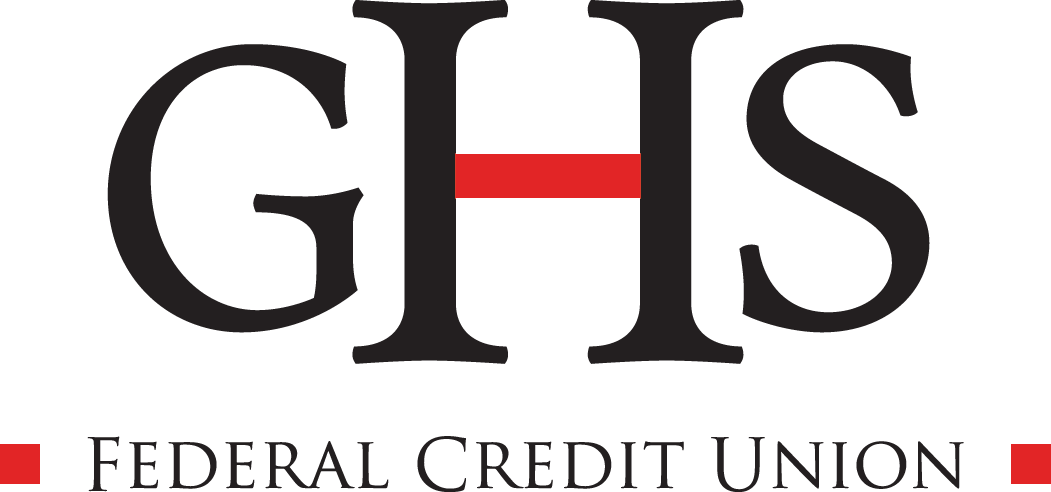What You Should Do If Your Credit Card Is Stolen
Fraudulent credit card activity is on the rise, and the numbers highlight this disturbing trend.
According to the Federal Trade Commission, consumers submitted more than 2.1 million fraud reports in 2020 and reported a loss of $3.3 billion – a sharp rise from the $1.8 billion reported lost in 2019. These losses included imposter scams, accounting for almost $1.2 billion, and online scams, accounting for about $246 million.
It is more important than ever to be vigilant. Reporting a stolen credit card is the first thing you should do if you notice your card missing.
HOW TO REPORT YOUR STOLEN CREDIT CARD
It is beyond unsettling to discover your credit card has been stolen. Luckily, a quick phone call will prevent you from suffering further losses.
Here are the steps to take when reporting a stolen credit card.
1. Contact Your Credit Card Issuer ASAP
Your credit union or another card issuer will likely have a dedicated phone number to report missing cards. (Note that you can also report fraud to the FTC.) Call as soon as you realize your card is gone.
You'll find the number on your card issuer's website and certain documents. It's a good idea to keep the number in your contacts list in case you don't have access to Wi-Fi when your card gets stolen.
If the phone number has set operating hours and you can't reach anyone, leave a message and follow up first thing in the morning.
You could also send a secure message via Online and Mobile Banking but a phone call is the best way to make sure your case is acknowledged and your card is frozen.
2. Write a Follow-Up Letter or Secure Message
Note down all the details relating to your stolen card and send a letter to your card issuer by certified mail, or use secure messaging. Be sure to keep a copy of the letter for your records and note the date you sent it.
Your letter should include:
Your name and account details
The date and time when your card was stolen
Any relevant details about where or how it was stolen
The date and time when you reported the loss, plus the method (by phone, message, etc.)
3. Consider Reporting to the FTC
Your credit union or card issuer will resolve your case for you, not the Federal Trade Commission. But reporting to the FTC serves the common good.
The FTC can use data from your situation to investigate and bring cases against fraudsters, scammers, and people who engage in bad business practices.
7 COMMON WAYS THIEVES STEAL YOUR CARDS AND DATA
Fraudsters and scammers are creative and sophisticated. Make sure you keep up with all the ways they can steal your information or trick you into giving it away. The following is an overview but you can always find more detailed information on the FTC website.
Credit card skimmers: This happens when thieves place a device on an ATM or a card reader in a shop to collect your card number or PIN, then use that information to make unauthorized purchases.
Imposter scams: In this scenario, scammers pretend to be a person or organization you trust and trick you into giving them money. Common impersonations include people from Social Security, the IRS, a new romantic partner, and tech support.
Online shopping fraud: A person may set up a retail business website that is fake or misleading. They may have no intent to deliver on any goods, or they may promise to sell much better goods than will be delivered.
Phone scams: These could be a robocall, a person playing nice, or someone acting threatening to obtain your personal information to commit identity theft. They may also be trying to sell you a product or get you to join a finance scheme.
Internet, telephone, and mobile services fraud: When a person gains access to your phone, messaging system, and contacts, they can pretend to be you in official correspondence. They may set up new services in your name or drain your accounts.
Phishing: When a scammer uses fake online forms and email links to gain your personal information and passwords and uses the data to commit identity theft, make unauthorized purchases, or drain your accounts.
Prizes, sweepstakes, and lotteries: When you're told you won a prize but you need to supply some personal information, or pay money, to claim the reward, be wary – especially if you didn’t even enter a contest!
VISA CARD LIABILITY LIMITS FROM FRAUD
The good news is that your Visa Credit Card comes with protection against fraud. Also, the Fair Credit Billing Act (FCBA) means you don't have to come up with cash if your card is stolen and used to make unauthorized purchases.
Here's how it works:
You'll have a maximum liability of $50 for any fraudulent transactions that have already happened by the time you report the stolen card.
You'll be off the hook for any transactions that happen after you report the card stolen.
That's why it's in your best interests to make reporting a stolen credit card the first thing you do!
MORE WAYS TO PROTECT YOURSELF
Now that you know the importance of reporting a stolen credit card and exactly what to do if your credit card is stolen, you might be wondering what you can do if something has already happened. You may consider a theft recovery service, like IDSafeChoice from GHS Federal Credit Union to help you restore your good name.
Coverage for IDSafeChoice is affordable—only $2 per month. This low fee may also cover your spouse, dependents, and parents living with you or living in an elder care facility. It’s a small price to pay for the peace of mind it can provide.
